In the last few weeks, members and a PhD Student from the Ageing and Dementia Research Centre (ADRC) have attended the latest dementia conferences and an awards ceremony.
28th Alzheimer Europe Conference, Barcelona (Spain)
Prof Jane Murphy, Dr Michele Board and Yolanda Barrado-Martín attended the 28th Alzheimer Europe Conference (29th to 31st October 2018). Jane presented a paper on her nutrition research ‘Innovative training to improve nutrition and hydration in people living with dementia’. Dr Michele Board presented a poster ‘Evaluating the impact of the virtual reality app “A walk through dementia” on students learning and practice’ centred on her research funded by Alzheimer’s Research UK. Whilst Yolanda presented a poster ‘What are the views of people living with dementia and their informal carers getting involved in Tai Chi?’ based on the findings from her PhD project which forms part of the TACIT Trial.

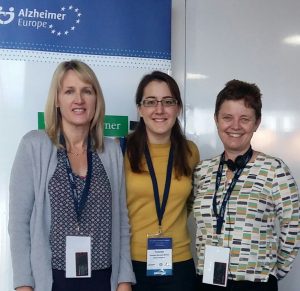

During the conference, over 800 international researchers met in Barcelona to learn about research, policy and practice around the theme ‘Making dementia a European priority’. Amongst the attendees to the conference, there were also people living with dementia and their carers who took the floor in different sessions. The main aim of those living with dementia was that they want to be involved in decision making processes in their day-to-day life and care, including their participation in research (i.e., advocating for co-creation approaches). Specific themes of the conference covered policies, care approaches and services for people living with dementia and their carers, as well as their rights in our society, and strategies to prevent and treat dementia.
13th Annual UK Dementia Congress, Brighton
Prof Jane Murphy, Dr Michele Board, Dr Michelle Heward and Dr Ben Hicks attended the 13th Annual Dementia Congress (6th and 8th November 2018). Dr Michelle Heward presented a poster on the ‘implementation and evaluation of the Dementia Education And Learning Through Simulation 2 (DEALTS 2) programme’ a project funded by Heath Education England (HEE) to develop and evaluate an education toolkit for acute care settings. During the first plenary session, Minister of State for the Department of Health and Social Care Caroline Dinenage MP highlighted that “staff training for dementia is increasing with programmes like DEALTS 2”. As part of the dissemination funding for the DEALTS 2 programme, Michelle and Jane were also invited to talk to conference attendees visiting the HEE stand about the programme evaluation. Dr Michele Board presented her research funded by Alzheimer’s Research UK in a paper ‘Evaluating the impact of the Virtual Reality app ‘A Walk-Through Dementia’ on year one health care students’ clinical practice’. Dr Ben Hicks presented a paper ‘Game Plan: promoting gaming technology amongst dementia practitioners’ based on his European funded research.
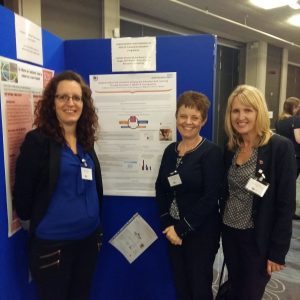
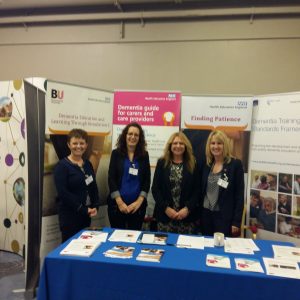


The annual conference attracts practitioners, academics and people with dementia and carers to discuss the latest innovations and research in the dementia field. The motion this year was ‘the right to services is more important that disability rights for people with dementia’ and stimulated a dynamic exchange of opinions during the many plenaries, parallel sessions and workshops
9th National Dementia Care Awards 2018, Brighton
Following the Dementia Congress, on the 8th November Dr Michelle Heward and Dr Michele Board were invited to represent the DEALTS 2 team at the National Dementia Care Awards, following the programme being shortlisted for the Best Dementia Care Award. The evening was full of glitz and glamour with the dress code ‘black tie’. Following a three course meal, finalists and the winners of the 14 categories were announced and celebrated. We had a fantastic night celebrating the hard work and dedication of so many individuals and teams from the dementia field, and although we did not win the category, we were delighted to be shortlisted for this prestigious national award.
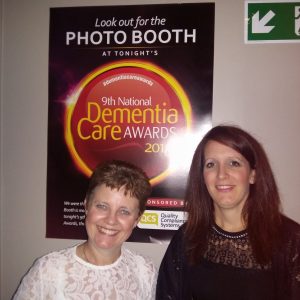
Attendance at these events was a great opportunity to showcase some of the current research projects being undertaken by the ADRC team, hear the views of those living with dementia and their carers, and network with practitioners and researchers in the dementia field.

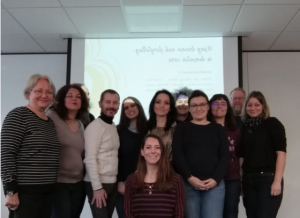
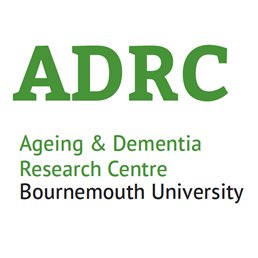

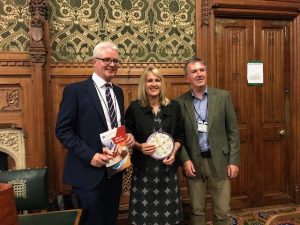


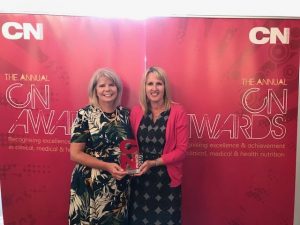
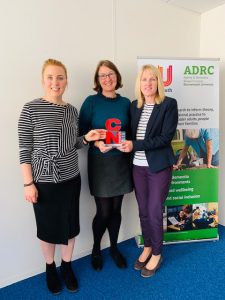
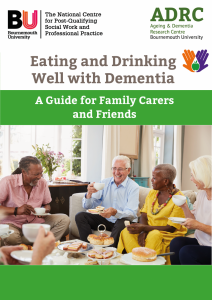


 The Ageing and Dementia Research Centre’s Amanda Adams and Dina Blagden attended the Annual Alzheimer’s Society Conference at the Oval in London last May 2019, and joined Health Education England (HEE) (Jan Zietara: Head of Programme Delivery – South Health Education England, and Chris O’Connor: Consultant Admiral Nurse/HEE Dementia Fellow Health Education England) on the stand. They spoke to a range of people about the
The Ageing and Dementia Research Centre’s Amanda Adams and Dina Blagden attended the Annual Alzheimer’s Society Conference at the Oval in London last May 2019, and joined Health Education England (HEE) (Jan Zietara: Head of Programme Delivery – South Health Education England, and Chris O’Connor: Consultant Admiral Nurse/HEE Dementia Fellow Health Education England) on the stand. They spoke to a range of people about the 
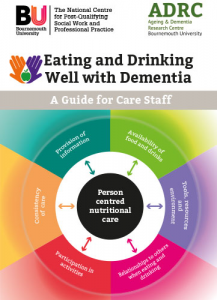
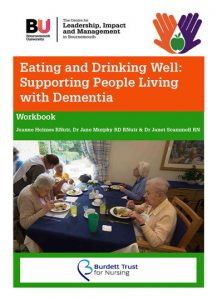











 On Tuesday 17th April 2018, the
On Tuesday 17th April 2018, the 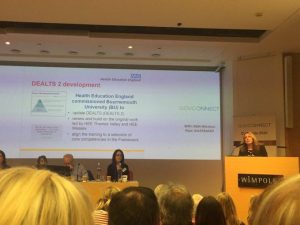
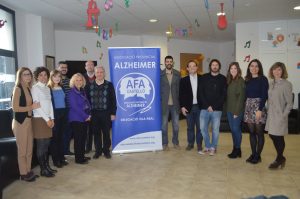

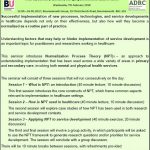












 Nursing Research REF Impact in Nepal
Nursing Research REF Impact in Nepal Fourth INRC Symposium: From Clinical Applications to Neuro-Inspired Computation
Fourth INRC Symposium: From Clinical Applications to Neuro-Inspired Computation ESRC Festival of Social Science 2025 – Reflecting back and looking ahead to 2026
ESRC Festival of Social Science 2025 – Reflecting back and looking ahead to 2026 3C Event: Research Culture, Community & Cookies – Tuesday 13 January 10-11am
3C Event: Research Culture, Community & Cookies – Tuesday 13 January 10-11am Dr. Chloe Casey on Sky News
Dr. Chloe Casey on Sky News ECR Funding Open Call: Research Culture & Community Grant – Application Deadline Friday 12 December
ECR Funding Open Call: Research Culture & Community Grant – Application Deadline Friday 12 December MSCA Postdoctoral Fellowships 2025 Call
MSCA Postdoctoral Fellowships 2025 Call ERC Advanced Grant 2025 Webinar
ERC Advanced Grant 2025 Webinar Horizon Europe Work Programme 2025 Published
Horizon Europe Work Programme 2025 Published Update on UKRO services
Update on UKRO services European research project exploring use of ‘virtual twins’ to better manage metabolic associated fatty liver disease
European research project exploring use of ‘virtual twins’ to better manage metabolic associated fatty liver disease